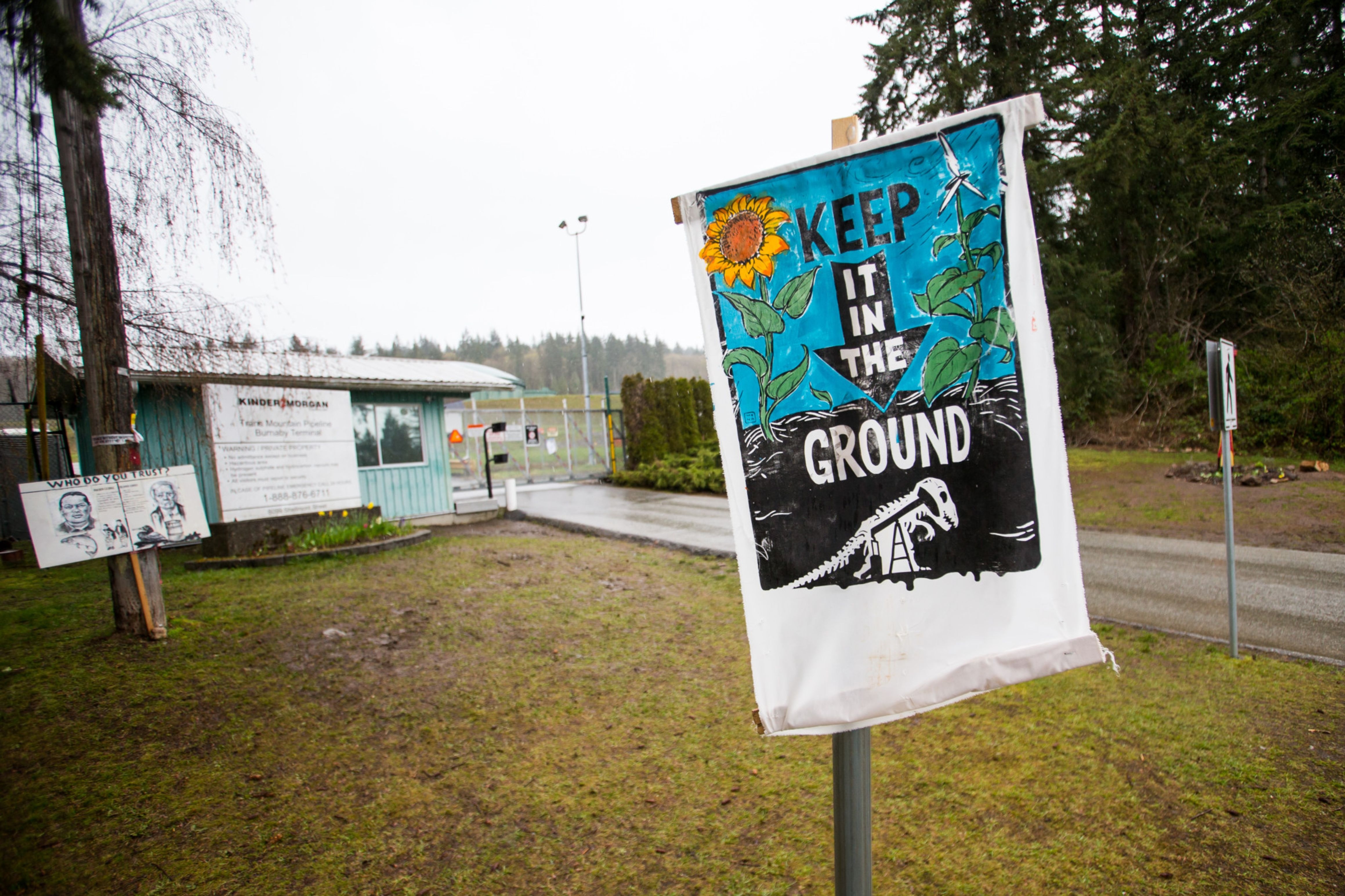May 11, 2022
Feds approve new $10B loan guarantee for Trans Mountain
, Bloomberg News
Third-party financing secured for Trans Mountain pipeline construction
The Trans Mountain pipeline expansion project has secured up to $10 billion (US$7.7 billion) in private-sector financing, but it comes with a loan guarantee provided by the Canadian government.
The financing was announced after multiple news organizations, including Bloomberg News, inquired about public disclosures appearing to show the government committing billions of dollars to the pipeline project despite Finance Minister Chrystia Freeland’s edict two months ago that no more public money be spent on it.
Those disclosures were posted on the website of Export Development Canada, a trade-promotion agency that administers the flow of money on the government’s behalf. They also showed the government put forward $1.75 billion in “working capital support” to Trans Mountain Pipeline LP, the entity building an expansion that will more than double the capacity of the oil pipeline between Alberta and British Columbia.
However, the finance department said Wednesday those funds were bridge financing approved in December, and meant to tide Trans Mountain over until the private-sector financing was arranged. That money has now been repaid in full with interest, the government said.

State ownership of the pipeline has put Prime Minister Justin Trudeau in an awkward position as he promises to deliver on ambitious climate-change goals, including imposing a 42 per cent emissions cut on the oil and gas sector by 2030. At the same time, Canada is now reaping huge economic benefits from its vast oil sector, as Russia’s invasion of Ukraine pushed up commodity prices and helped Canada see a record windfall last month for its fossil fuel exports.
In February, as Trans Mountain announced that the cost to build the expansion had jumped 70 per cent to $21.4 billion, Freeland told reporters that the government would not be putting any more public funds into the project.
“There will be no additional public money invested in TMC,” Freeland said the time, referring to the company. “TMC will secure necessary funding to complete the project through third-party financing, either in the public debt markets or with financial institutions.”
In Wednesday’s statement, the finance department said the loan guarantee “does not reflect any new public spending,” and is “a common practice which puts in place an insurance policy for the institutions that have invested in the project.”
“The corporation will pay a fee to the federal government for this guarantee,” the finance department said. “The Government of Canada has not spent any money to put this guarantee in place.”
Trudeau’s government purchased the pipeline in 2018 from Kinder Morgan Inc. to save the expansion from being scrapped due to local political objections and protests by environmentalists and Indigenous groups. The government has said it intends to sell the pipeline as soon as reasonably possible, potentially to First Nations groups in the region.
The pipeline runs from Alberta’s oil sands to the Pacific Coast, and the expansion is planned to increase shipping capacity from about 300,000 barrels a day to more than 800,000. It is expected to be completed in the third quarter of 2023.




